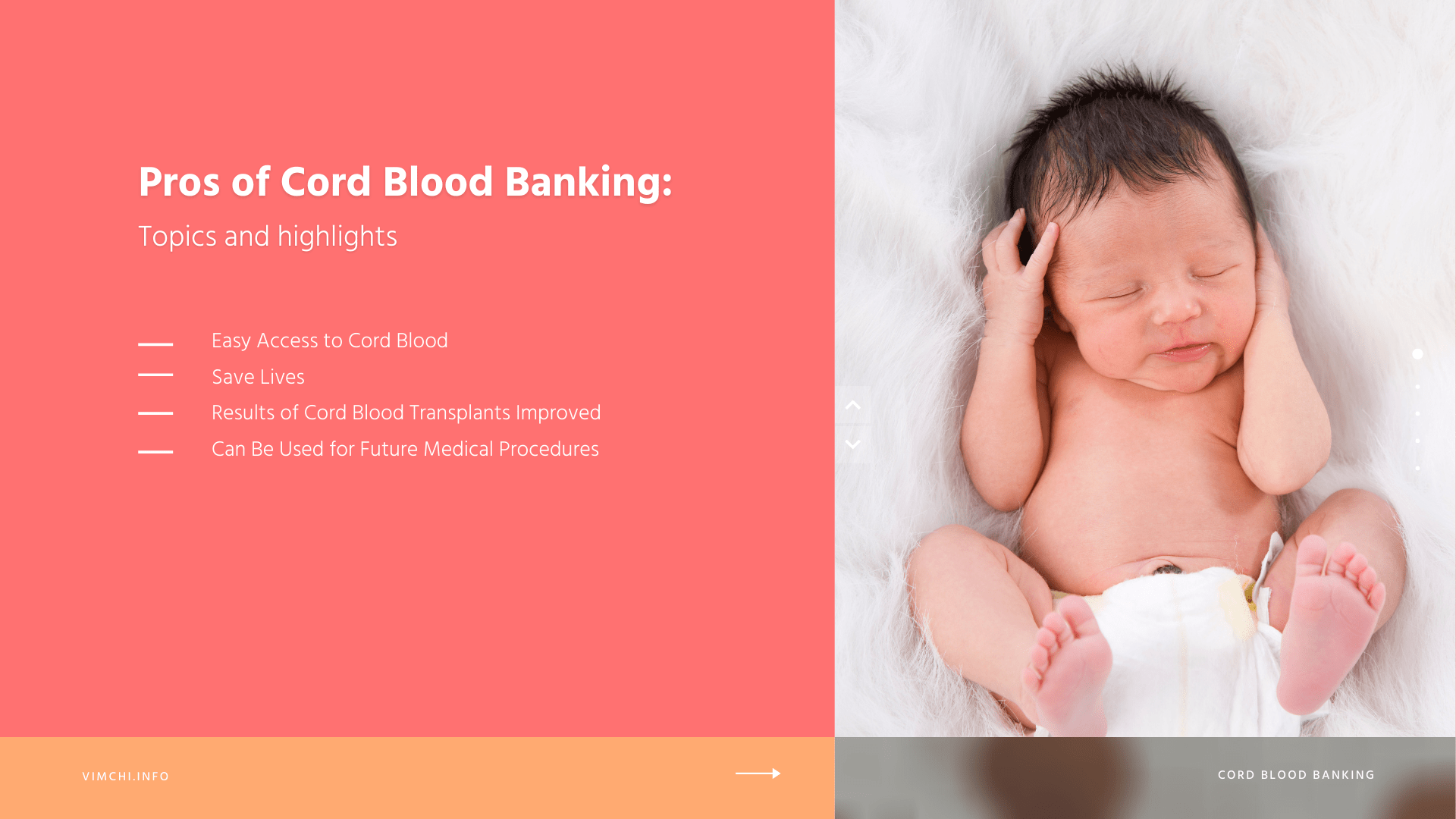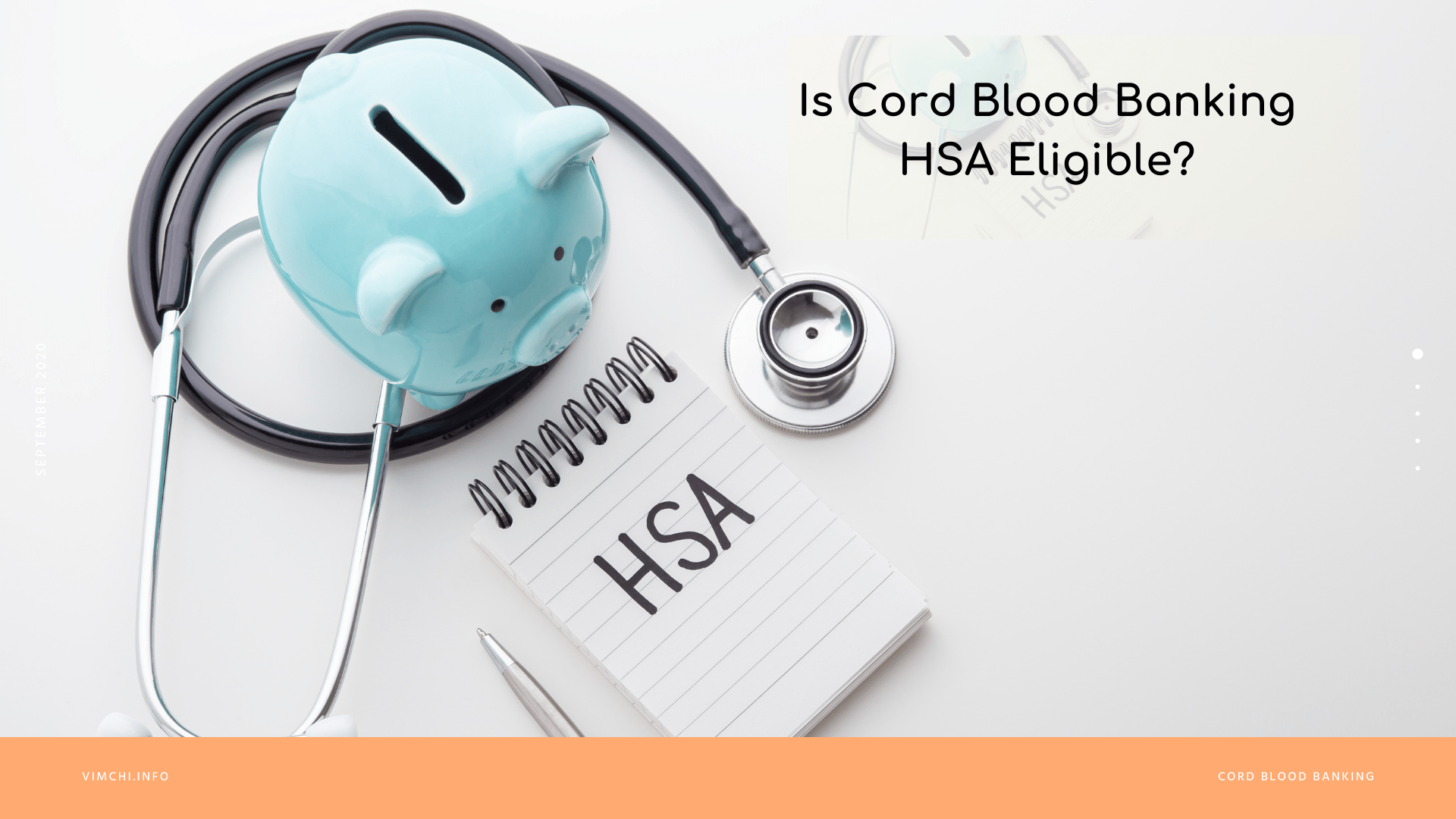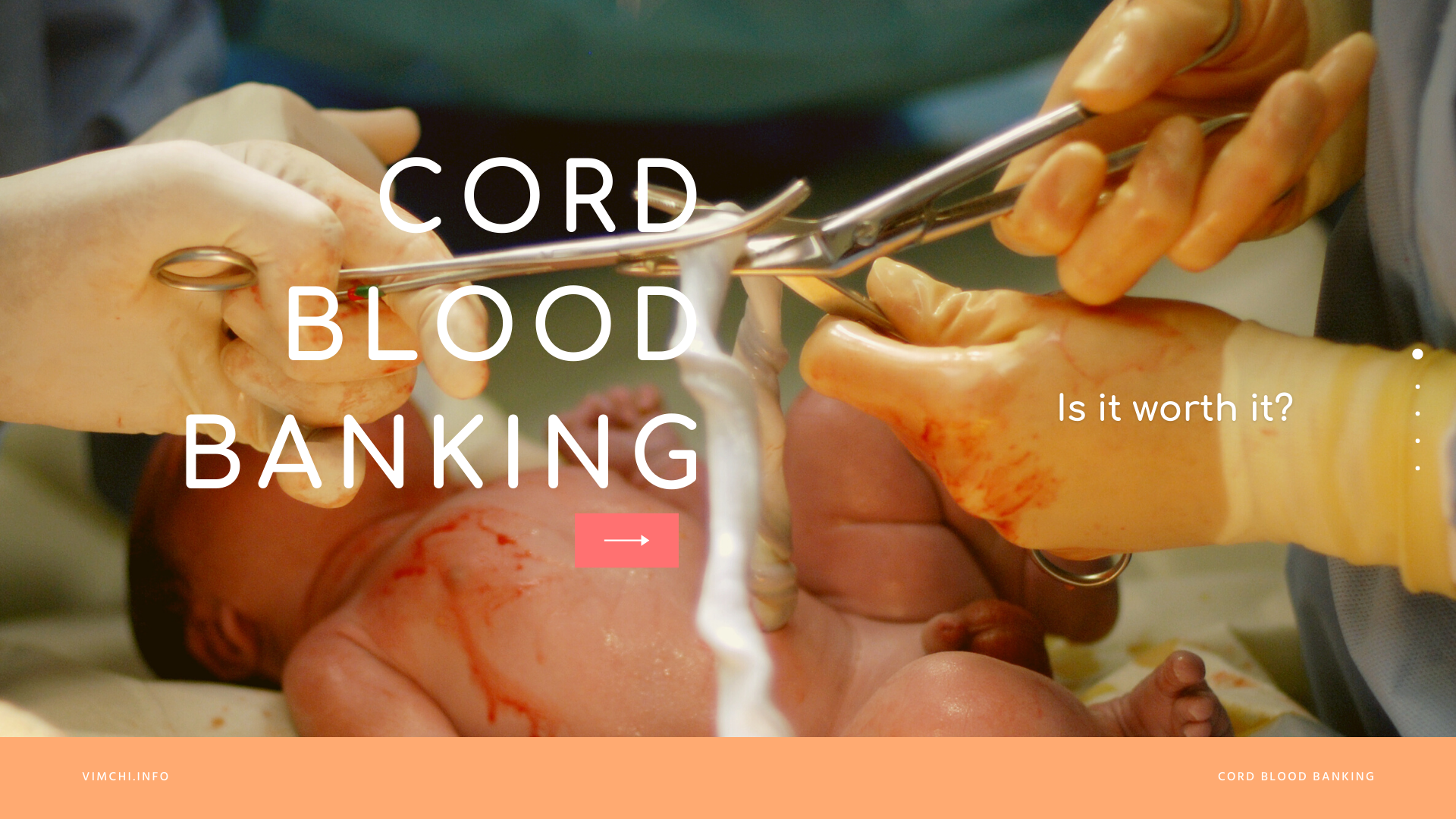As a soon-to-be mom, you want the best for your baby. Just like any other mothers out there, you want extra assurance that your baby will be healthy.
After you’ve read about the benefits of cord blood banking, you’re now wondering, “Should I save my child’s cord blood? Is cord blood banking worth it?”
So, in this post, I’ll talk about why saving it may be a wise investment for your family or it may just be a waste of money.
I’ll also explain if your insurance will cover the cost of cord blood banking. You’ll also know whether or not it’s HSA eligible and tax-deductible.
Without further ado, let’s jump right in.
Is Cord Blood Banking Worth It or Is Cord Blood Banking a Waste of Money?
To determine whether or not it’s worth it, let’s first talk about the pros of cord blood banking.

Access to Your Cord Blood is Easier
If you store your cord blood in a private bank, you can access it easily should you need it in the future. No one can use or access it besides you and your family.
However, if you choose to donate it to a public bank, you may no longer access it if your family needs it in the future.
Saving Lives by Treating Diseases
One of the attractive features of the umbilical cord is that it contains stem cells that can treat diseases that damage blood and the immune system. These diseases would include some cancers, metabolic disorders, and sickle-cell anemia.
Results of Cord Blood Transplants Improved
In the past decade, clinicians learned more about how to pick better matches, thereby, allowing them to offer better supportive care.
The outcomes of this type of transplant improved significantly.
Can Be Used for Future Medical Procedures
In addition to blood diseases, researchers are now exploring how to use cord blood to treat cerebral palsy and encephalopathy.
They are also searching for the possibility of cord blood in treating autism.

However, if you choose to save it in a private blood bank, you will have to pay its storage fee, which is not always cheap.
In fact, banks can charge you approximately $1,400 to collect, test, and register it. In addition to that fee, you also have to pay a storing fee of not less than $95, depending on the private blood bank you’re planning to use.
So, is it a waste of money?
Not necessarily. As mentioned earlier, cord blood can help treat many diseases.
And if you or one of your family members will need a stem cell transplant, you can easily access the cord blood.
If you have a family history of leukemia, sickle cell anemia, and lymphoma, then you might likely need it in the future.
However, there’s a slim chance that you or your child will need a transplant with cord blood.
Furthermore, you can’t use your cord blood to treat everything.
For instance, if your child has spina bifida, then the stem cells would carry it. Thus, it will be useless to transplant it to your child or yourself.
However, if your child is healthy and an immediate family member develops a genetic condition, then the cord blood is a good match.
On the other hand, if you save it but you decide, later on, that you no longer want to store it, the private blood bank will only discard it.
But if you choose to store it in public cord blood, researchers can access it to help a sick child.
The decision is yours. There’s no right or wrong conclusion here.
If you were to listen to doctors and researchers, they want you to donate it to a public cord blood bank. You don’t have to pay for anything. However, you may lose access to it later on.
Now, if you decide to save your child’s cord blood, you might wonder whether or not it’s HSA eligible or tax-deductible.

Is Cord Blood Banking HSA Eligible? Is Cord Blood Banking Covered by Insurance?
With so many advantages of cord blood banking, you might be wondering if the overall cost is HSA eligible or your insurance will cover it.
Unfortunately, your insurance may not cover it.
However, there are times when your insurance may consider it as a medical expense, thereby, your insurance will cover the expenses.
For instance, if you’re saving cord blood to treat an existing or probable condition, then HSA will pay you back.
If your baby’s cord blood will be used to treat an immediate family member’s cancer, this case is eligible for HSA or your medical insurance will cover it.
Now, if you just choose to preserve it because you want to protect your child and family’s future, then HSA or your medical insurance won’t cover the expenses.
In that case, even if you’re preserving it because you want to protect yourself, your child or a family member since certain malignant conditions run in your family, your insurance won’t cover it.
The reason for this is that insurance companies will not cover experimental treatments. FDA-approved trials are not part of your health insurance coverage, despite the trials offer a positive outcome.
FDA authorized several clinical trials that involve the use of cord tissue to treat a variety of diseases. However, full FDA approval for standard clinical treatments that utilize cord tissue is still pending.
Is Cord Blood Banking Tax Deductible?
Sadly, the IRS doesn’t consider cord blood storage as a medical expense.
If you’ll use cord blood banking to treat a probable disease, it may qualify as a deductible medical expense.
But if it’s used as a precaution to a disease that may develop in the future, then it’s not tax-deductible.
This is sad news, indeed.
However, everything may change.
Keep in mind that Congress introduced bills to make cord blood banking a medical expenditure. But they won’t guarantee that Congress will change the tax code to allow tax deductions if you wish to store your child’s cord blood.
Nevertheless, everything may change in the future.
Conclusion
There are challenges you may need to face if you decide to store your child’s cord blood. If you can afford the overall cost of cord blood banking, then it’s worth it. It’s especially true if a certain condition runs in your family.
Don’t feel guilty if you can’t afford it, though. You can always donate your child’s cord blood to help other people in need.

Speak Now ... Or Forever Hold Your Peace